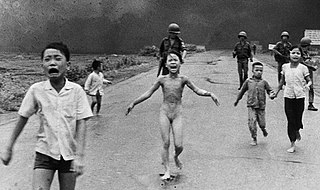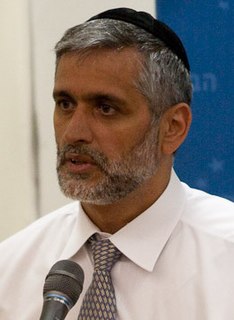A Quote by Phan Thi Kim Phuc
In the picture, I am crying from pain. Now, I cry for peace. I don't want to see any more children suffer.
Related Quotes
I'm trying to teach my children not to cry. That's the big thing. No crying. Because I think we can all agree that crying is, for the most part, for sissies. If my team loses, I'm going to cry. And I'm going to want my kids to see me crying. Not because I think sports are so important, but because I bet so much money on the game that we'll probably lose the house if my team doesn't win. That's something to cry about.
One way to make a baby cry is to expose it to cries of other babies. There's sort of contagiousness to the crying. It's not just crying. We also know that if a baby sees another human in silent pain, it will distress the baby. It seems part of our very nature is to suffer at the suffering of others.
The agony of martyrdom is almost too much to bear. In the early hours, when the loss is fresh, there is no comfort in knowing Glory will live on. We speak of the martyrs in History but we cannot know the actual pain they suffered in their final living hours. They enter the realm of the mythic, but we must never forget these were men like ourselves. When their flesh is torn, they cry out. They suffer as you or I would suffer, although more bravely. Remember Christ. Although I am now an enemy to Joseph's legacy, I shudder when recalling his pain.
Once the pain-body has taken you over, you want more pain. You become a victim or a perpetrator. You want to inflict pain, or you want to suffer pain, or both. There isn't really much difference between the two. You are not conscious of this, of course, and will vehemently claim that you do not want pain. But look closely and you will find that your thinking and behavior are designed to keep the pain going, for yourself and others. If you were truly conscious of it, the pattern would dissolve, for to want more pain is insanity, and nobody is consciously insane.
Peace is here now. It's just that we don't recognize it. Let's say that 98 percent of people in the world are wanting peace. Now people say, even people from Siberia? Yes. We want world peace. The two percent is really tying to mess it up. It's so sad in a way, because by messing it up what are they going to get? Their children are going to suffer, their grandchildren are going to suffer, and they might even die before something gets good.
In the book Soldiers on the Home Front, I was greatly struck by the fact that in childbirth alone, women commonly suffer more pain, illness and misery than any war hero ever does. An what's her reward for enduring all that pain? She gets pushed aside when she's disfigured by birth, her children soon leave, hear beauty is gone. Women, who struggle and suffer pain to ensure the continuation of the human race, make much tougher and more courageous soldiers than all those big-mouthed freedom-fighting heroes put together.
Children grow rapidly, forget the centuries-long embrace from their parents, which to them lasted but seconds. Children become adults, live far from their parents, live their own houses, learn ways of their own, suffer pain, grow old. Children curse their parents for their wrinkled skin and hoarse voices. Those now old children also want to stop time, but at another time. They want to freeze their own children at the center of time.
I am crying, he thought, opening his eyes to stare through the soapy, stinging water. I feel like crying, so I must be crying, but it's impossible to tell because I'm underwater. But he wasn't crying. Curiously, he felt too depressed to cry. Too hurt. It felt as if she'd taken the part of him that cried.
Emily suffers no more from pain or weakness now. She will never suffer more in this world. She is gone after a hard, short conflict...Yes there is no Emily in time or on earth now. Yesterday we put her poor, wasted, mortal frame quietly under the chancel pavement. We are very calm at present. Why shoud we be otherwise? The anguish of seeing her suffer is over; the spectacle of the pains of death is gone by; the funeral day is past. We feel she is at peace. No need now to trouble for the hard frost and the keen wind. Emily does not feel them.




































